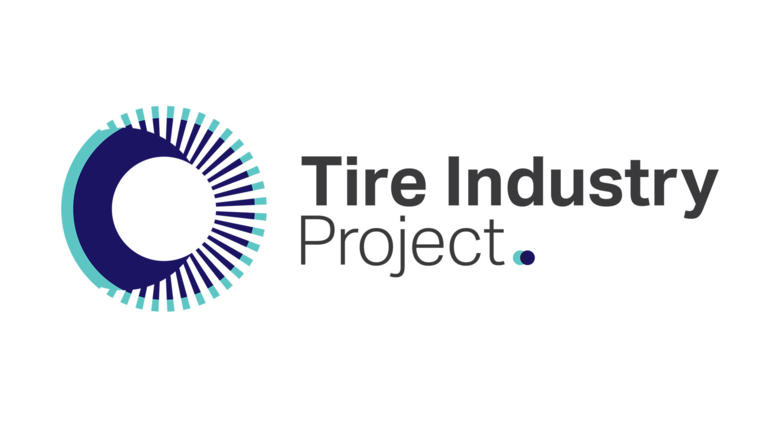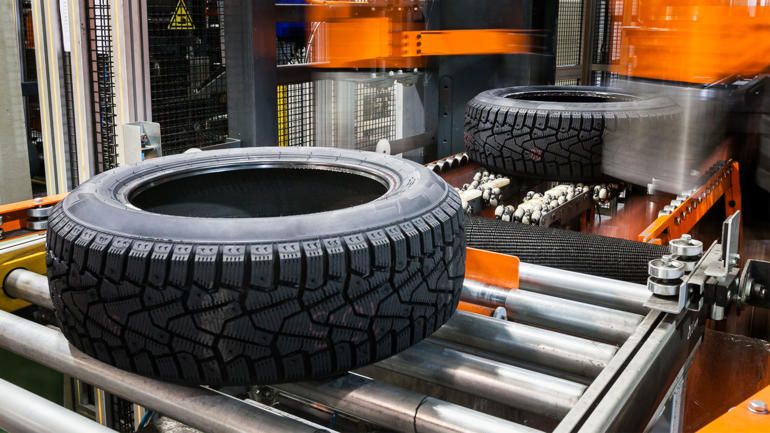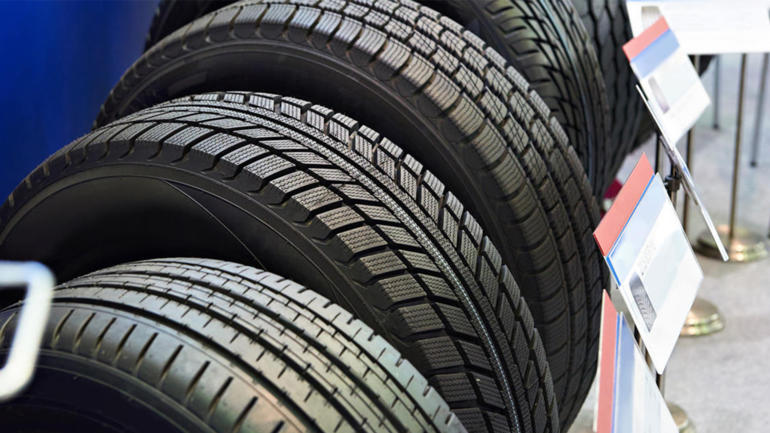TIP, along with its individual member companies, has made strides in its environmental work during the past decade, promoting a common approach for managing the most relevant environmental topics for TIP.
At the United Nations Framework Convention on Climate Change (UNFCCC)’s COP21 in Paris, TIP, the only global forum for tire industry sustainability issues, highlights the following activities of the tire industry in delivering CO2 reductions:
- Based on a tire life cycle, it has been recognized that most of tire-related CO2 emissions are generated during the usage phase by tire rolling resistance which impacts vehicle fuel consumption and CO2 emissions. For decades, ongoing significant efforts on the part of companies in the tire industry have been made to reduce rolling resistance through an integrated approach by introducing new technologies.
- TIPis supportive of the tire grading and labelling regulations aimed to educate consumers about rolling resistance, wet grip and noise. Since 2010, this tool has been introduced in many countries and is under consideration in several other countries.
TIP member companies are also engaged in significant efforts to reduce energy consumption and CO2 emissions at the industrial level by increasing energy efficiency and exploring the use of renewable energy.
**TIP is currently working to establish a common global tire manufacturing CO2 emissions and energy use reporting indicators.
WBCSD and TIP’s work can also be viewed on our webpage.
TIP is made up of participating companies in alphabetical order are as follows: Bridgestone Corporation, Continental AG, Cooper Tire & Rubber Company, The Goodyear Tire & Rubber Company, Hankook Tire Co., Ltd. Kumho Tire Company Inc., Compagnie Générale des Établissements Michelin , Pirelli & C., Sumitomo Rubber Industries, Ltd., Toyo Tire & Rubber Co., Ltd., and Yokohama Rubber Co., Ltd.








